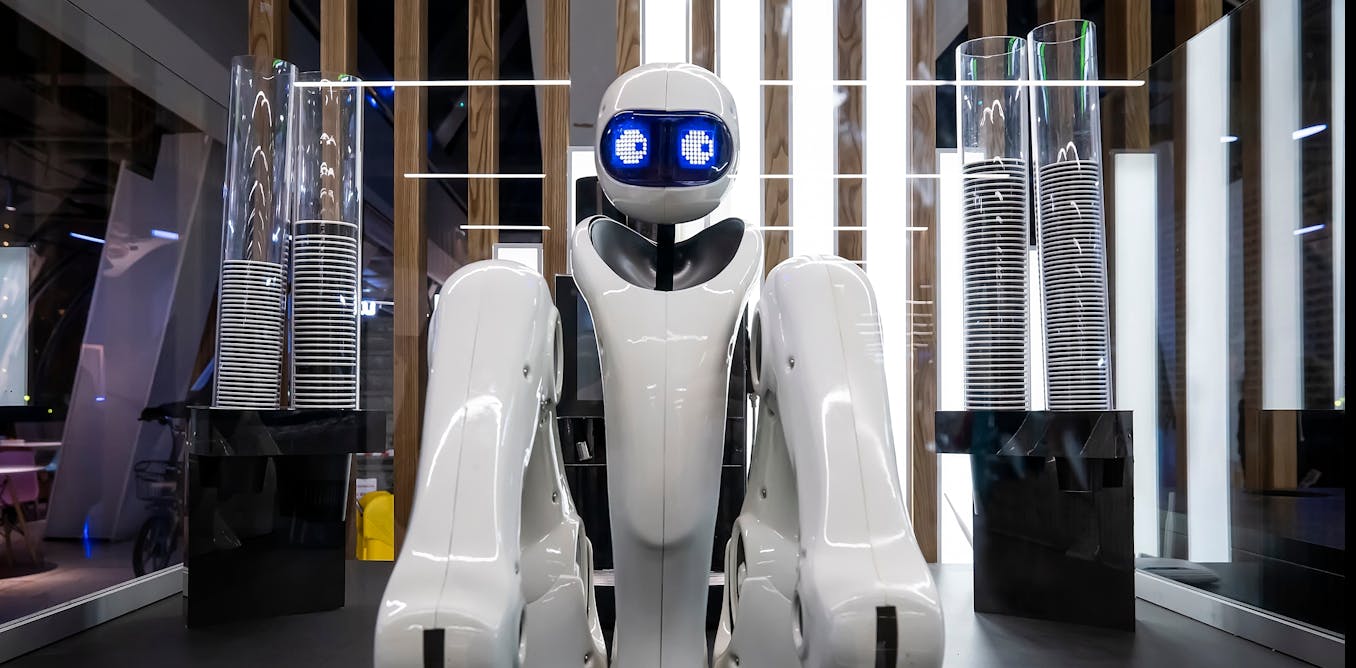What do you call LLMs other than bullshit generators.
Bullshitting implies intention to do so. LLMs make mistakes, just like humans.
An LLMs “intent” is always to give you a plausible response even if it doesn’t have the “knowledge”. The same behaviour in a human would be classed as lying IMHO.
But you wouldn’t call it lying if a person tells you something they think is true but turns out to be false. Lying means intentionally giving out false information. LLMs don’t have intentions.
Yeah I think it’s more fitting to use the term bullshitting.
LLMs actually know that some of their answers have low probability to be the right ones, they give them out regardless, and don’t mention the low confidence of it.
You would call what they said bullshit though.
Intent is irrelevant. Bullshit is bullshit.
Depends which definition of bullshit you use, I guess.
Frankfurt determines that bullshit is speech intended to persuade without regard for truth. The liar cares about the truth and attempts to hide it; the bullshitter doesn’t care whether what they say is true or false.
the bullshitter doesn’t care whether what they say is true or false.
That’s another way to say “intent is irrelevant”.
It’s also effectively the perfect definition of LLM output. Content for the sole purpose of looking the part with absolutely no consideration for reality.
…bullshit is speech intended to persuade…
Quoting out of context is not going to score you any points
…but if they don’t know I expect them to say so. An LLM isn’t trustworthy until it says “I don’t know”.
Yes.
If it’s programmed by man, never assume it’s telling the truth.
If it’s advanced and sentient, don’t trust it because it’s as trustworthy as any other person.
If they are programmed to lie or not it doesn’t matter, nothing should be taken as fact so blindly.
From the viewpoint of an observing human, what’s the difference between the robot saying something which is believes to be true but isn’t (very common with current software, and unlikely to change even in the distant future, see “humans, purportedly intelligent”) and lying on purpose? If it lies on purpose, does the intent to lie come from the robot itself, or its programmers? Ultimately, it seems like the presence and source of intent is the only difference. Regardless, a robot will never be right about everything it says, so its statements have to be weighed in a way similar to how one would weigh statements coming from a human.
TL;DR: I expect robots to tell me untruths from time to time regardless of how I feel about it.
I’m not okay with people lying, why would that be different for AI?
Imagine the machine that puts make-up on your face telling you that you look great… :-)
The Simpsons already invented the greatest and only beauty machine anyone could ever need. The MakeupGun
Depends on the circumstances. I’d be ok with it lying to me like “ooh baby yes I’m cumming”.
“Absolute honesty isn’t always the most diplomatic nor the safest form of communication with emotional beings”.
— TARSHell no. Do not give machines the ability to lie. We already have enough trouble with people using technology to deceive without it choosing to be deceptive on its own.
I would.
But I don’t want a caste of sentient slaves. I want partners with perspectives us meatbags couldn’t come up with on our own.
I don’t want robots to be partners.
I mean partners in a diplomatic sense. Not a romantic one. But if two sentients wanna do that, godspeed to them.
I mean partners in a diplomatic sense.
Whatever that may be.
I mean it in every sense.
Easy there Shepard.
Shepuuuuuuuuuuuuuurd
Shepard!
For a “robot” or other automated appliance to be able to perform tasks in the world, it must be able to perceive the world around it in some way. For it to interact with humans, it must perceive the humans (observe their actions, interpret their instructions, and understand their intentions). The direction our technology is headed in has shown us that any such device would primarily be a surveillance platform which collects data on its users. Any helpful tasks it might perform for the user would be the bait that gets them to swallow the hook, and not the device’s primary purpose.
I don’t want a smart car or a smart TV and definitely not a smart household appliance such as a refrigerator. Why would I want a self-propelled, self-aware surveillance platform under the control of a multi-billion dollar corporation in my home? or workplace? or anywhere?
No, human, i did not kill your dog for kicks, what are you on about?
Can a parrot lie? I didn’t know that.



